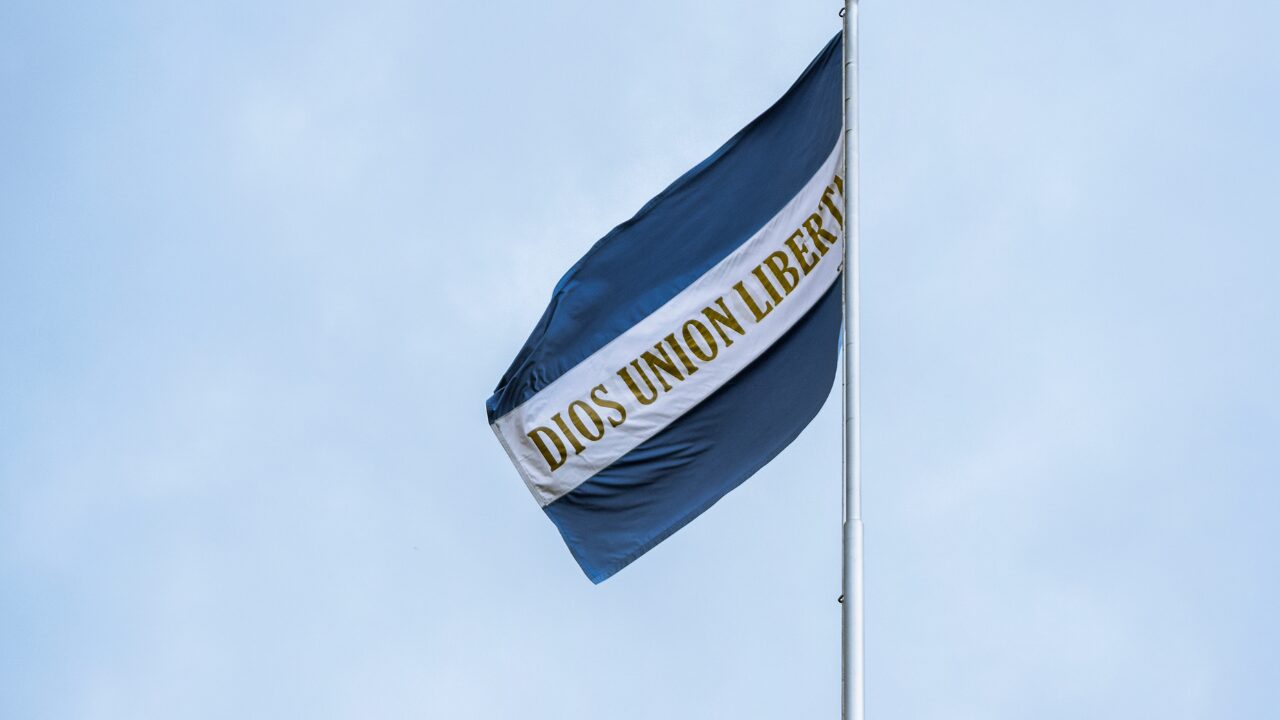Date first published: 07/08/2025
Key sectors: all
Key risks: governance; democratic backsliding; political stability; gang violence
Risk development
On 31 July the ruling New Ideas (NI) party – which dominates the National Assembly – passed a bill with 57 votes in favour and three against, allowing indefinite presidential re-election, extending terms from five to six years and eliminating run-offs. The reform enables President Nayib Bukele to seek another term and shortens his current mandate to align presidential, legislative and municipal elections in 2027, sparking fears of descent into one-party rule.
The bill’s passage came shortly after the Foreign Agents Law entered into force on 7 June. Approved by the National Assembly on 20 May, the law imposes a 30 per cent tax on non-governmental organisations receiving international funding.
Why it matters
Recent developments underscore a weakening of democratic institutions, the centralisation of power and the erosion of civil liberties – all facilitated by a trade-off between security and democracy in the country. Owing to his ‘mano dura’ (iron fist) anti-gang offensive, President Bukele’s unprecedented reductions in crime have bolstered his democratic credentials – securing 83 per cent support in the February 2024 elections – while also deepening democratic backsliding.
Justified by his tough-on-crime stance, which prioritises punishment over due process, and legitimised by its successes – including the lowest homicide rate since 1992 – Bukele’s centralisation of power has gone hand in hand with institutional co-optation and the dismantling of democratic checks and balances.
Through political leverage and the weaponisation of the legal system – particularly the erosion of judicial independence – the NI party’s February 2024 consolidation of control in the National Assembly, with 54 out of 60 seats, has effectively transformed the country into a one-party state. With a two-thirds majority secured, Bukele has pushed through his policies with minimal legislative checks, institutionalising his power grab while intensifying the crackdown on dissent.
With little transparency or accountability, the permanent state of exception – in place since March 2022 under the guise of security – has enabled Bukele to misuse emergency powers to suppress dissent. Driven by populist impulses, public demands for security have legitimised the unchecked expansion of punitive measures, with little regard for human rights abuses. These measures have fostered a climate of repression and impunity, targeting critics and exacerbating civil rights violations, including freedom of movement, association and assembly.
While the passage of the constitutional amendment and the Foreign Agents Bill reflects Bukele’s domestic popularity – estimated at 91 per cent as of June– it also highlights his growing political capital beyond national borders. With US President Donald Trump’s administration praising the ‘Bukele Plan’ for curbing gang violence, citing it as a regional security blueprint, the climate of support has allowed Bukele to pass the Foreign Agents Law with little international resistance, unlike his previous attempt in 2021.
Background
Since Bukele’s re-election – enabled by a 2021 top court ruling, issued by judges aligned with his government that declared re-election was a human right – the criminalisation of dissent has intensified. This has included unwarranted searches and seizures, arbitrary arrests and restrictions on press freedom and the right to protest. Authorities have escalated repression against human rights defenders and civil society organisations calling for the end of the three-year state of emergency, as well as against journalists and lawyers investigating Bukele’s alleged ties to gangs.
Risk outlook
Despite a lack of popular resistance, the illusion of trading freedom for security threatens to unravel the country’s remaining democratic principles and institutions. This paves the way for further repression of dissent, rising corruption, political instability and a resurgence of the very violence Bukele has sought to eliminate. Without sustained domestic or regional pressures, further democratic backsliding should be expected.

